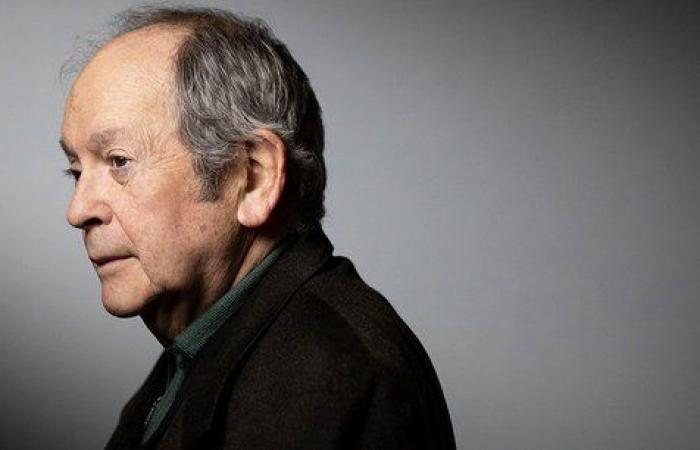LA TRIBUNE SUNDAY — Michel Hazanavicius says that it took you sixty years to write this tale… Is that the case?
JEAN-CLAUDE GRUMBERG — I don't know where our writings come from, but to find a kind of childhood, you have to go through adulthood… There, I am like a little boy, I no longer have a mother, a father or of wife. It's difficult to bear, being the son of 6 million deportees, including 1,500,000 children your age, and having been rounded up and released yourself. Almost all the witnesses have disappeared, and the children of survivors have difficulty speaking… The weight of the tragedy prevents them from speaking. If my father had survived, I might never have written anything, I would have become a tailor. For me, memory is not a duty. It comes in spite of you, it catches up with you, without plan or will. Some great witnesses like Léon Poliakov or Annette Wieviorka began to speak and made our words possible, and thus writing came to me.
Once upon a time there was the Shoah, by Michel Hazanavicius
What do you think of recent films that talk about the Holocaust?
There is no “good” situation or “good” stories. I didn't see The Area of Interest… But at 13, I visited Ravensbrück and was struck by the small houses with gardens of the SS personnel, and their swimming pools dug by the women of the camp… Those who died there were walled up in cement. It “vaccinated” me: I didn’t want to see Auschwitz or other camps. We wanted them to become places to visit, and at the same time it's very embarrassing for people to eat popcorn there or take photos there. I also refused an article on my piece L’Atelierone of the first talking about survivors, because it was to appear in a newspaper alongside Roberto Benigni's film Life is beautifulwhich former deportees found wonderful… I think that we cannot tell the Shoah with actors, because it is the vision of the body which causes the deportation: you cannot ask an actor to weigh 35 kilos or being squeezed into a cattle car… It's inhumane.
Does the form of the story and the animation allow us to talk about it in a more “bearable” way?
The answer is Little Thumb ! Under Louis XIV, children died of hunger because the nobles did not pay their parents… Who said it? Charles Perrault, better than if he had described their misfortune: tales tell what cannot be said otherwise, they allow us to talk about the unbearable. I often use this paraphrase: if you are invited to a friend's house and all you talk about is your cancer, they won't call you back. You have to be able to make them laugh with it or move them, in a way that doesn't force them to cover their ears. That's what I did, unconsciously. I took some pieces of paper and a pen and wrote on the corner of the table “once upon a time”. Half the work was done! But in Michel's film, the little girl moved me: it only takes one look and we are attached to her for life. That’s the power of animation.






